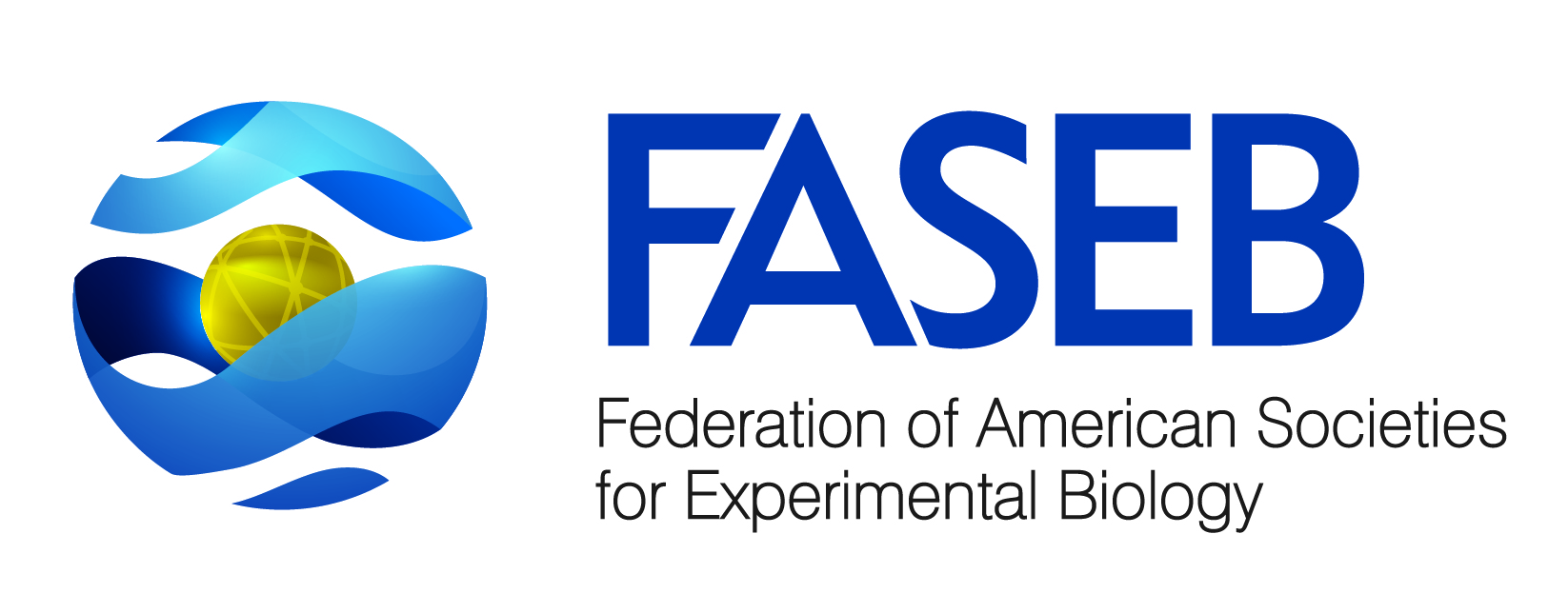FASEBnews MARCH 13, 2000
FEDERATION OF AMERICAN SOCIETIES FOR EXPERIMENTAL BIOLOGY
Office of Public Affairs
9650 Rockville Pike
Bethesda, Md. 20814-3998
Contact: Paulette W. Campbell
(301) 571-7795
[email protected]
Emory University Dean Chosen As FASEB's next President-Elect
Bethesda, Md. -- The Board of Directors for the Federation of American Societies for Experimental Biology (FASEB) has selected Robert R. Rich, M.D., as the Federation's next President-Elect. Dr. Rich will assume his duties on July 1 and will succeed Mary J.C. Hendrix, Ph.D., as president of FASEB on July 1, 2001. Dr. Rich represents the American Association of Immunologists on the Federation's board. He is also a member of two other FASEB member societies: the American Society for Investigative Pathology and the American Society for Clinical Investigation.
"I am deeply honored by the opportunity to become FASEB president," said Dr. Rich, the executive associate dean and professor of medicine and microbiology and immunology at Emory University School of Medicine. "I am fully award of both the challenges and opportunities that this represents, and I will do my very best to live up to the honor that has been accorded me."
Dr. Rich's said that his most important goal as president-elect and then president will be "to maintain the momentum for building the biomedical science enterprise as has been established through the leadership of Congress and to be effective in articulating both how that money is being productively used and what the opportunities are for future development."
Other issues that will likely shape his priorities include:
-- FASEB's governance. "The organization has experienced substantial growth in recent years. It's time to look into some of the issues of how FASEB governs itself in the face of this growth."
-- The government/university relationship. "I want to improve the quality of the research partnership of the federal government and universities. It's become too adversarial, and we need to make this a true partnership in terms of increasing the efficiency of the use of research funds, assuring the protection that the regulations are intended to provide and making sure that the cost of those regulations are being appropriately borne by both partners."
Dr. Rich received his medical degree from the University of Kansas in 1966 before going on to complete an internship and residency in internal medicine at the University of Washington. He received subspecialty training in allergy and immunology and completed postdoctoral fellowships at the National Institutes of Health and Harvard Medical School.
In 1973, Dr. Rich joined the faculty of Baylor College of Medicine as an assistant professor of microbiology and immunology and medicine and was promoted to professor after five years. He conducted research at the Howard Hughes Medical Institute from 1977 to 1991 and served as the vice-president and dean of research at Baylor from 1990 to 1998 before moving on to Emory University's School of Medicine.
"I look forward to working with Dr. Rich," said Sidney H. Golub, Ph.D., FASEB's executive Director. "He is experienced and knowledgeable about both public policy and biomedical science. Furthermore, he is a statesman who knows how to work with colleagues to achieve consensus."
FASEB is comprised of 20 societies with more than 60,000 members, making it the largest coalition of biomedical research associations in the United States. FASEB serves the interests of biomedical and life scientists, particularly in regards to public policy issues; facilitates coalition activities among member societies; and, disseminates information on biological research through scientific conferences and publications.
# # #
